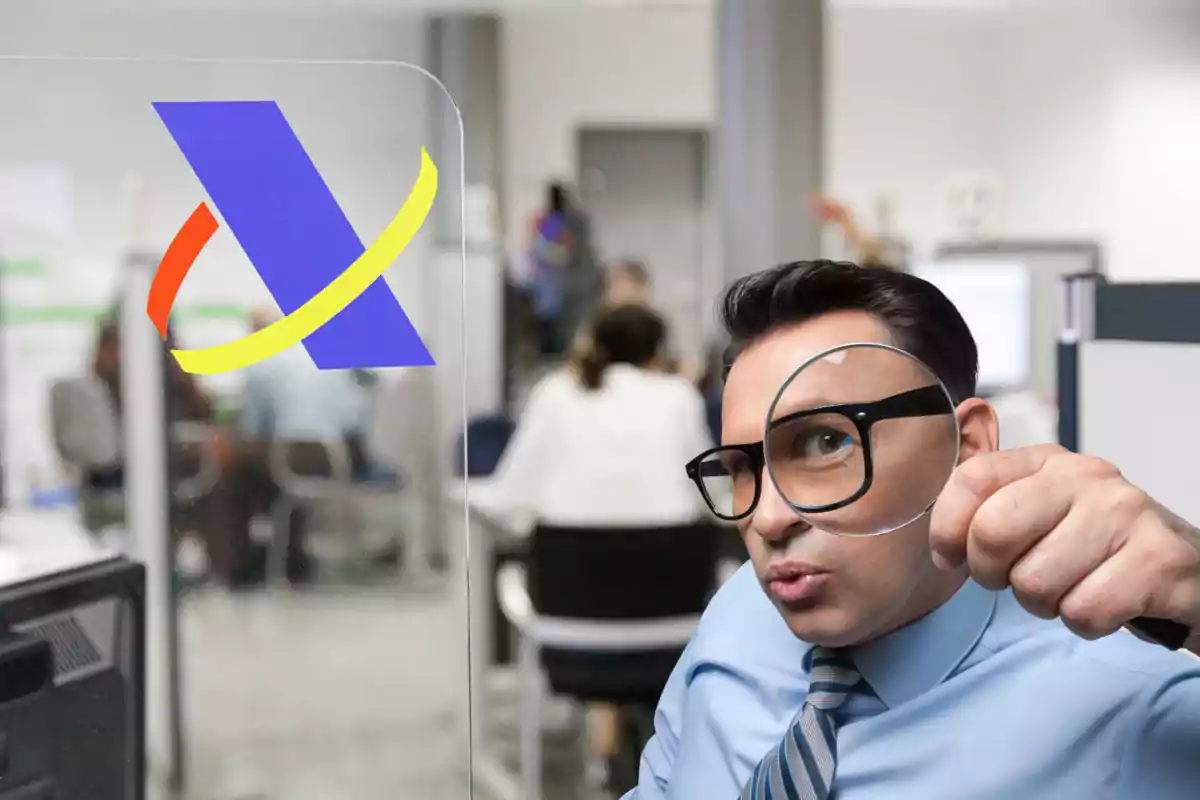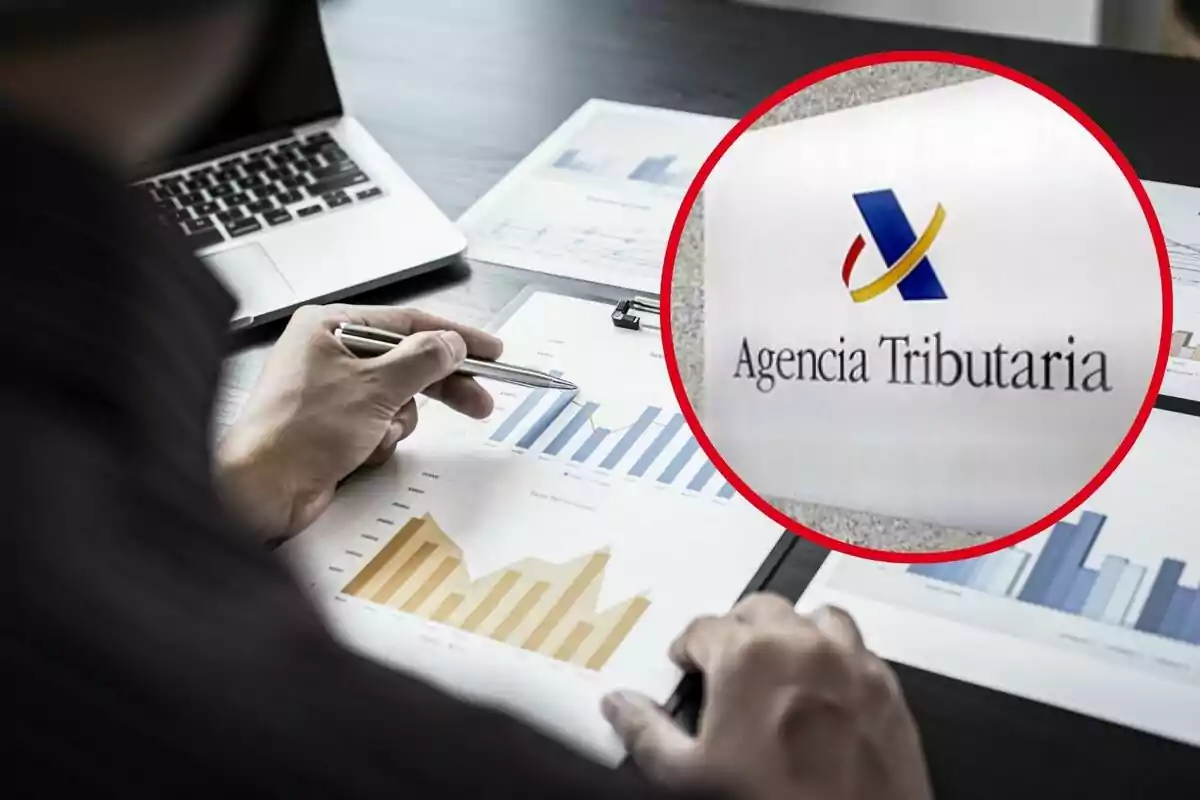
U-turn in Hacienda: These Workers Assume It Will Arrive in 2025
This important update from Hacienda will come into effect in July this year, but it won't be mandatory until 2026.
Starting this summer, the Agencia Tributaria will implement a significant change that will affect thousands of workers and companies in Spain. It involves the mandatory issuance of electronic invoices through the new Verifactu system.
This measure aims primarily to reduce delinquency and combat the underground economy, promoting greater fiscal transparency. Verifactu is a platform developed by the Agencia Tributaria that allows for the immediate issuance and sending of electronic invoices.
This Is How Companies Must Issue Their Invoices This Summer: Hacienda Makes It Clear
Through this system, companies will be able to generate, send, and store their invoices digitally. They will do so by facilitating compliance with their tax obligations and improving efficiency in administrative management.

Companies must adapt their billing systems to integrate with Verifactu. This involves using approved billing programs compatible with the platform, ensuring the issuance of invoices in formats such as XML CII, UBL, EDIFACT, or Facturae. It is essential that companies prepare in advance to comply with this regulation and avoid possible sanctions.
When Will It Be Mandatory? There's Still Time
The obligation to issue electronic invoices through Verifactu will come into effect in 2026. From that date, all companies must use this system for issuing their invoices. It is important to note that, although Law 18/2022 establishes the obligation of this measure for all companies, the implementation will be gradual.

Large companies with billing exceeding eight million euros per year are already required to present electronic invoices from July 2024. However, the obligation for SMEs and freelancers will be next year.
Reactions to the New Regulation
The implementation of electronic invoicing has caused various reactions among companies. While some positively value the measure for its benefits in terms of efficiency and cost reduction, others express concerns. They revolve around the costs associated with adapting their systems and the need for staff training.
According to a report, only 7% of SMEs in Spain currently use electronic billing programs, and 44% show concern about the transition. Nonetheless, the obligation to issue electronic invoices through Verifactu will represent an important step toward the modernization and transparency of the Spanish tax system.
It is crucial that companies adequately prepare to comply with this regulation. This way, they will be able to take advantage of the benefits offered by electronic invoicing.
More posts: